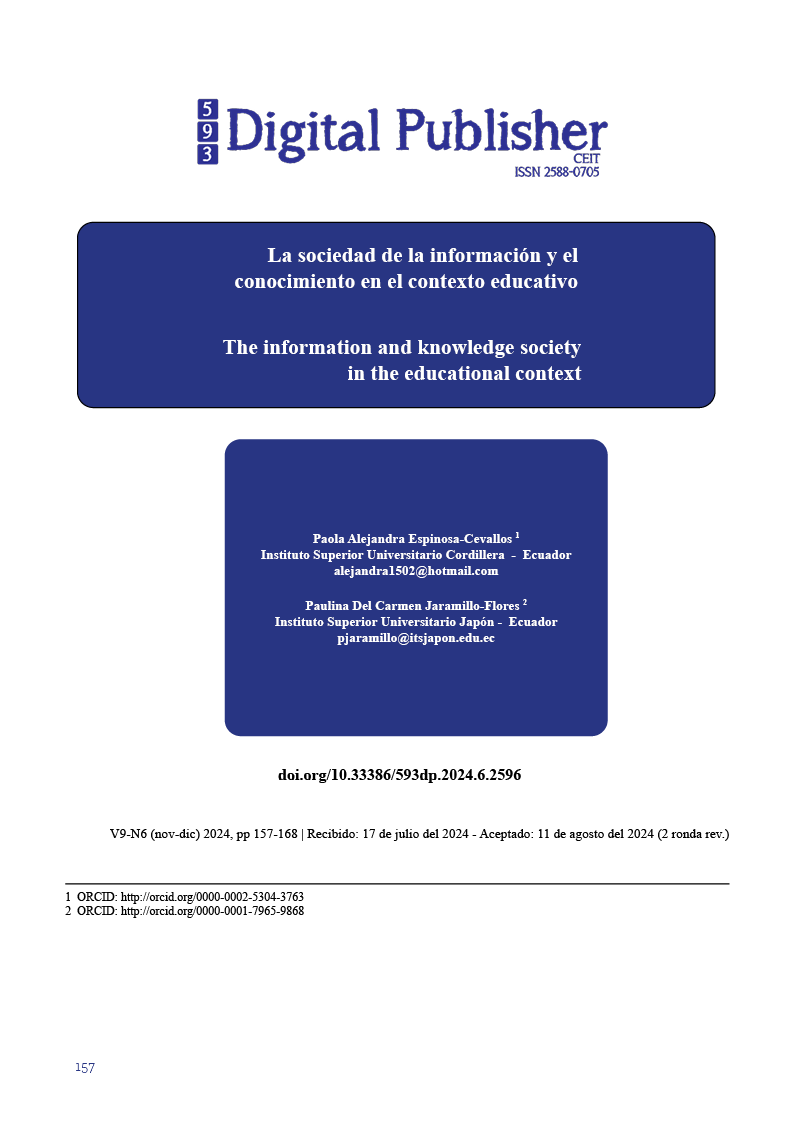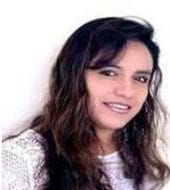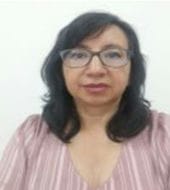The information and knowledge society in the educational context
Main Article Content
Abstract
The study analyzed the concepts of information society and knowledge society, as well as their influence on current educational processes, considering the changes driven by the digital age and information and communication technology. The methodology followed a systematic review of literature, structured in three stages: planning, implementation and analysis of results. Databases such as ACM Digital Library, IEEE Xplore, ScienceDirect, Scopus and SpringerLink were used, focusing on articles published between 2019 and 2024, using keywords related to information society, knowledge society, education and information and communication technologies. Inclusion and exclusion criteria were used to select articles. The main findings reveal that the information and knowledge society has transformed education, presenting opportunities and challenges. Digitisation requires new technologies and pedagogical approaches, as well as the development of digital competences in students and educators. While customizing learning can improve outcomes, it should avoid widening existing gaps. The digital divide and the changing role of educators remain major challenges. The study concludes that addressing equity and access is key to taking full advantage of educational transformations in the context of the knowledge and information society.
Downloads
Article Details

This work is licensed under a Creative Commons Attribution-NonCommercial-ShareAlike 4.0 International License.
1. Derechos de autor
Las obras que se publican en 593 Digital Publisher CEIT están sujetas a los siguientes términos:
1.1. 593 Digital Publisher CEIT, conserva los derechos patrimoniales (copyright) de las obras publicadas, favorece y permite la reutilización de las mismas bajo la licencia Licencia Creative Commons 4.0 de Reconocimiento-NoComercial-CompartirIgual 4.0, por lo cual se pueden copiar, usar, difundir, transmitir y exponer públicamente, siempre que:
1.1.a. Se cite la autoría y fuente original de su publicación (revista, editorial, URL).
1.1.b. No se usen para fines comerciales u onerosos.
1.1.c. Se mencione la existencia y especificaciones de esta licencia de uso.



